Lieutenant Colonel Sir Andrew John Alexander Ogilvy-Wedderburn, 7th Baronet of Ballindean, former commanding officer of the Black Watch and a two-time Olympic bobsledder, has died peacefully at home in Perthshire at the age of 72, after a long battle with prostate cancer.
His death brings to an end a life marked by duty, adventure, deep familial devotion and an unshakable commitment to the people around him.
Paying tribute, his wife Lady Fiona Ogilvy-Wedderburn said he was “the most wonderful person I’ve ever met”, describing a man whose military command, sporting achievement and everyday humanity earned him universal affection and respect.
“He always saw the best in people,” she told The Courier.
“He was the sort of man who could talk to the person emptying the bins with as much genuine warmth and interest as if he were sitting next to the Queen.
“Andrew had old-fashioned values, a wicked sense of humour, and he led with quiet integrity. People adored him, and he never let them down.”
From Fareham to the front lines
Born in Fareham, Hampshire on August 4 1952, Sir Andrew was the only son of Sir John Ogilvy-Wedderburn, 6th Baronet, and Elizabeth Katharine Cox.
His early life followed his father’s naval career, taking the family to Malta and then to Helensburgh, before settling at Silvie near Alyth in Perthshire in 1960 – a landscape that would be home for the rest of his life.
Educated at Gordonstoun, and playing rugby for Panmure during his youth, he followed his sense of service to Mons Officer Cadet School, Aldershot, and was commissioned into the Black Watch in 1971.
What began as a short service commission turned into a distinguished three-decade military career that took him from Northern Ireland to Berlin, and ultimately to command of the battalion during Britain’s historic handover of Hong Kong to China in 1997.
Sir Andrew became a symbol of steadiness during turbulent times
As adjutant, company commander, chief of staff and ultimately commanding officer of 1st Battalion, The Black Watch (Royal Highland Regiment), his influence shaped countless young soldiers.
Among many notable moments, he led the British Contingent of the Tripartite Guard of Honour during US President Ronald Reagan’s famous visit to West Berlin in 1987.
That ceremonial moment carried both military and diplomatic significance when Reagan made his famous ‘Tear down this wall’ speech in front of the Brandenburg Gate.
His postings included Derry during the Troubles, Berlin before the Wall fell, and Belfast at the height of its tensions.
“He wasn’t a barky officer,” Fiona continued. “He led by example. He had the respect of everyone – officers, Jocks, even people he’d disciplined.
“I remember a few years ago one man came up to him and said, ‘Sir, you’re the one who busted me out of the Army.’ And he still practically saluted him. That was the level of respect.”
An Olympian on ice
Sir Andrew brought his formidable physical strength to the British bobsleigh team in the 1970s.
From 1975 to 1980, he competed across Europe, winning the British championship and representing Team GB in the four-man event at the Winter Olympics in Innsbruck in 1976 and Lake Placid in 1980.
He was, in Fiona’s words, “the last of the great amateurs” – racing on the world stage while raising funds himself, travelling between competitions in a clapped-out Bedford van, and staying in modest inns across the Alps.
“There were no nutritionists or sports scientists,” she recalled with a laugh.
“They were hungry, cold, and lean – but adored. The locals took them in and fed them sausage stew. Andrew was the brakeman – massive thighs, pure power – and he was fast. He gave that sledge the weight and the speed it needed.”
His military athleticism also extended to shooting. In 1979, he won the Army Sniper Shield at Bisley, a rare distinction even among elite marksmen.
Family man and friend to many
Though decorated and accomplished, Sir Andrew was never boastful.
“People didn’t know he’d been to Prince Charles’ 30th birthday,” Fiona said. “Because he didn’t tell them. He was modest to the point of mischief.”
After retiring from active service, he continued to serve, becoming director of the Scottish Army Benevolent Fund and later commander of recruiting in Scotland.
Even after the amalgamation of the Scottish regiments, he remained fiercely loyal to the spirit of the Black Watch – both to its ethos and its people.
“Every estate we drove past, he had a story,” said Fiona.
“‘That’s where sergeant so-and-so grew up. He came to us with rickets.’ Andrew believed in building people up. Feed them, train them, and give them self-worth. He turned so many lives around.”
He was also a devoted family man. Married first in 1984 to Gillian Adderley, mother of his three surviving “wonderful” children, he later found lasting companionship and love with Fiona, whom he married in 2014 after a friendship turned into a romance.
They met when Fiona, a nutritionist and horsewoman, rented a cottage from him on his estate.
“We were inseparable,” she said. “He supported my horses, my work, everything. We had an enviable relationship. And we weren’t married nearly long enough.”
In his final years, Sir Andrew discovered a passion for gardening.
He loved his dogs, he loved people.
“We had great house parties. And he adored his children and grandchildren. He was so proud of them,”added Fiona.
The final battle with prostate cancer
Sir Andrew was diagnosed with stage four prostate cancer in 2018 after a routine blood test.
With characteristic grit, he endured two rounds of chemotherapy, three of radiotherapy, and a pioneering lutetium-based treatment not available on the NHS at the time.
He died on April 9 as he lived – with dignity and a quiet strength.
Though he defied the odds for nearly seven years, it was “never long enough”, said Fiona.
His children remember him as an inspiring figure – a patient guide, a trusted mentor, and someone they deeply loved.
A life of legacy
Black Watch veterans have been taking to social media to pay tribute to Andrew, describing him as a man of extraordinary breadth.
Ogg Webb, as he was universally known across the Battalion and Oggy with the Officers Mess Cohort, was “hugely popular”, said one ex-soldier.
Another former soldier said: “He was an exceptional officer”. Another simply said: “Top guy”.
Lieutenant-Colonel Sir Andrew Ogilvy-Wedderburn, 7th Baronet is survived by his second wife Fiona and three children from his first marriage Katie, Peter and Geordie, as well as grandchildren Gus, Tillia and Rose. He was predeceased by a son, Sam, in 1992.
A service of thanksgiving is being held at Alyth Parish Church on April 24, at 2pm.
A private burial takes place earlier in the day.
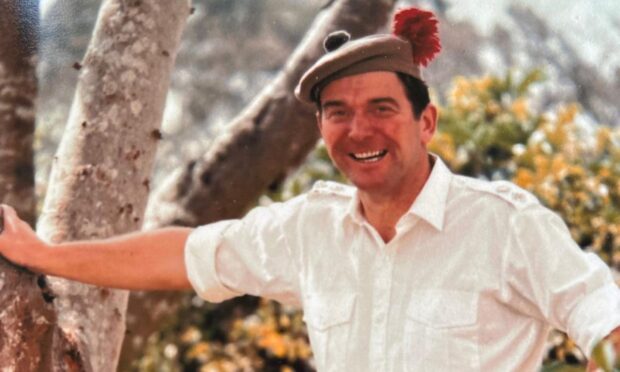
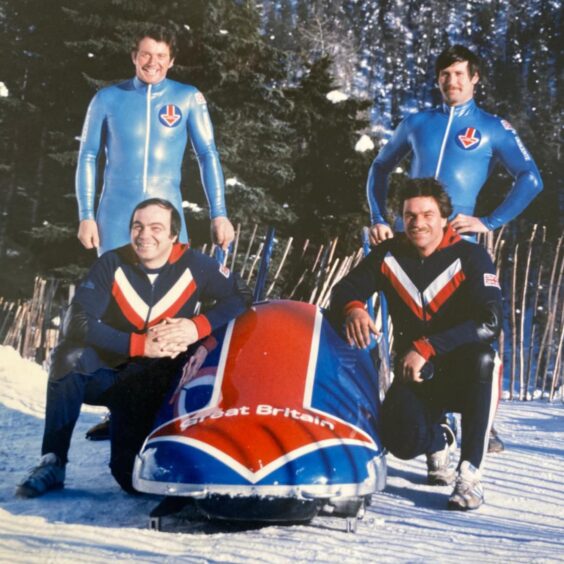
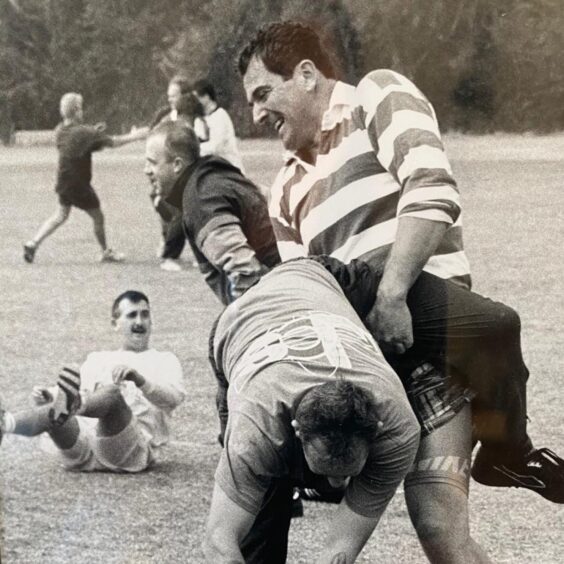
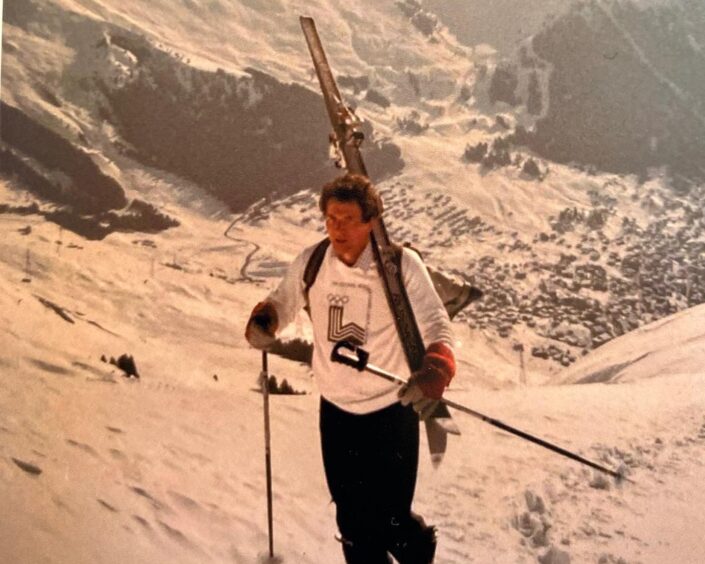
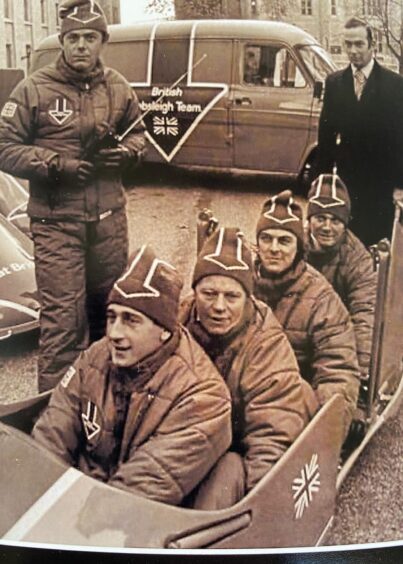

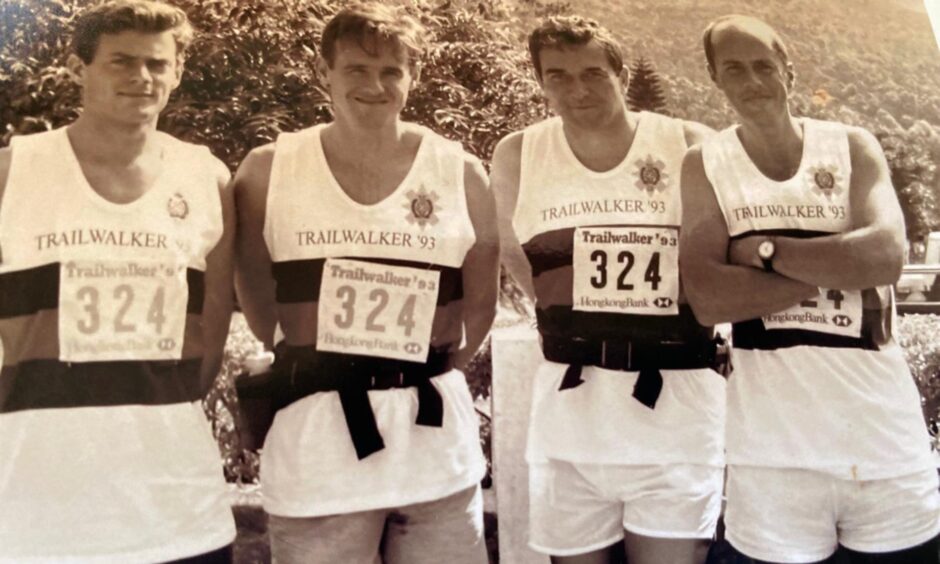
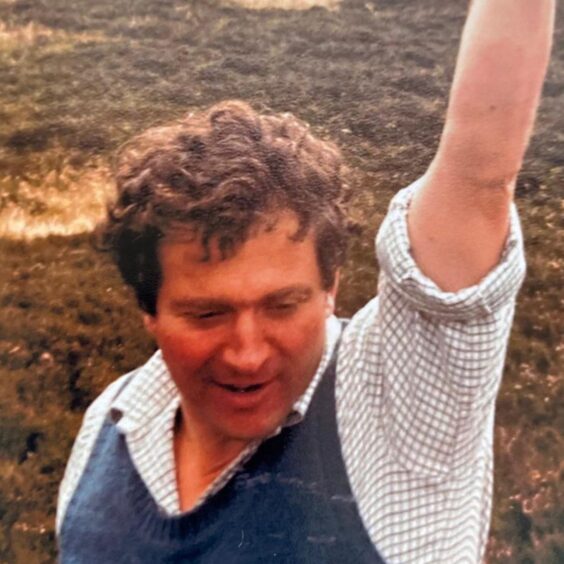
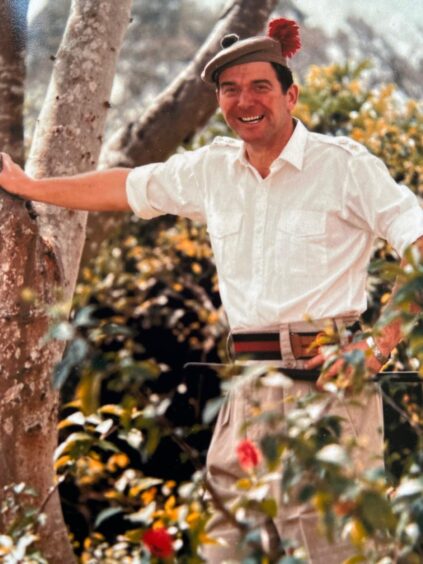

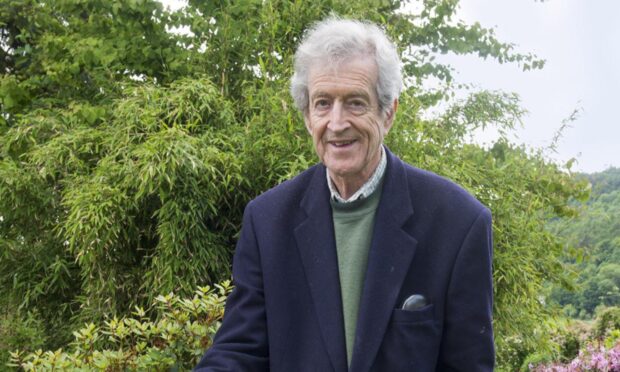
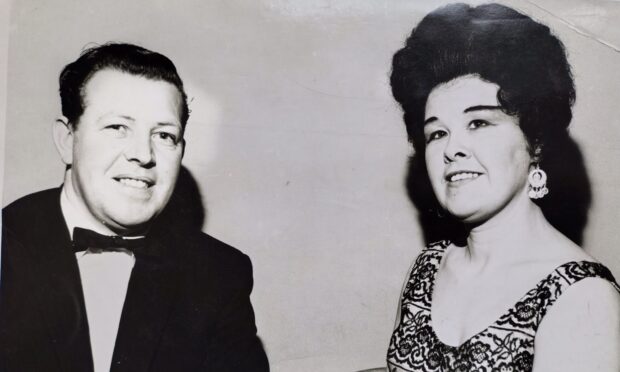
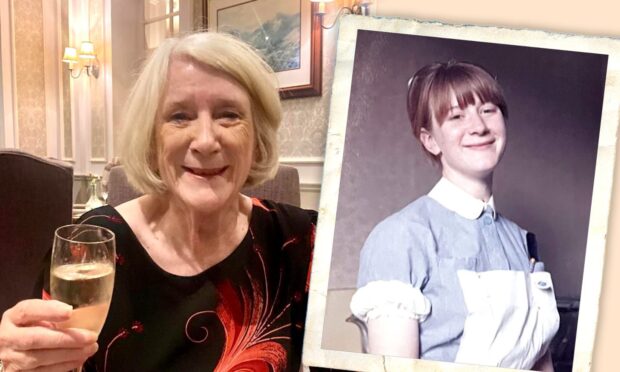
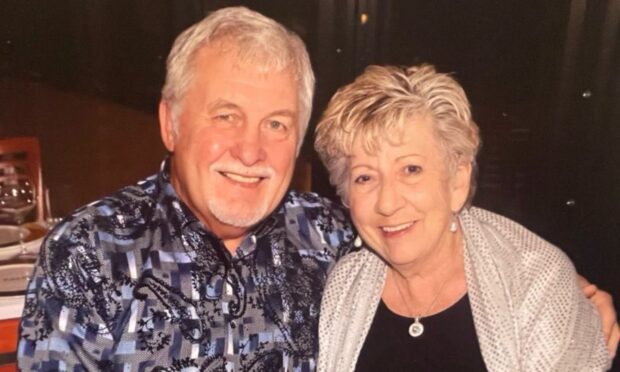
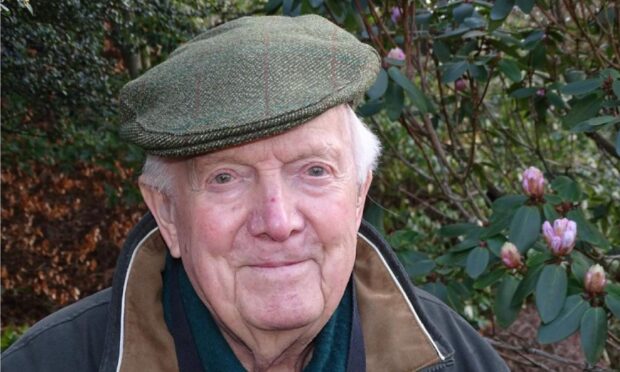
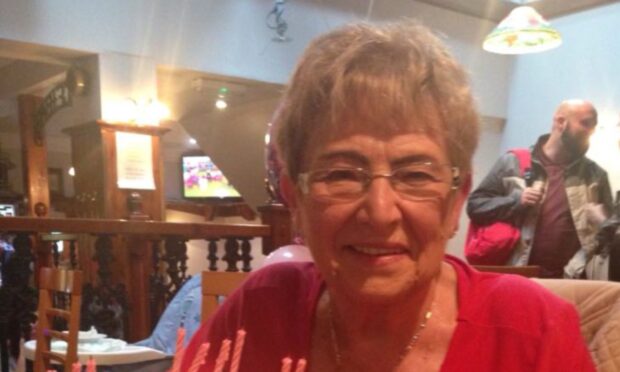
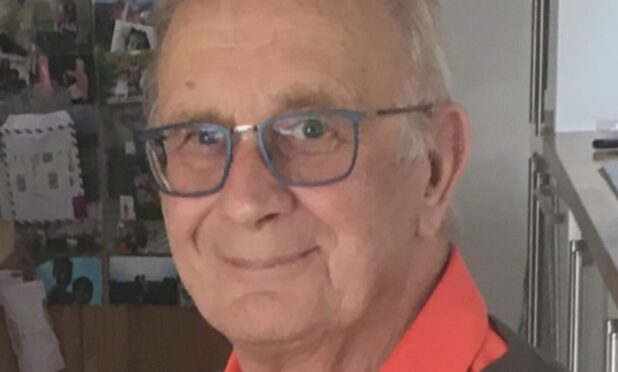

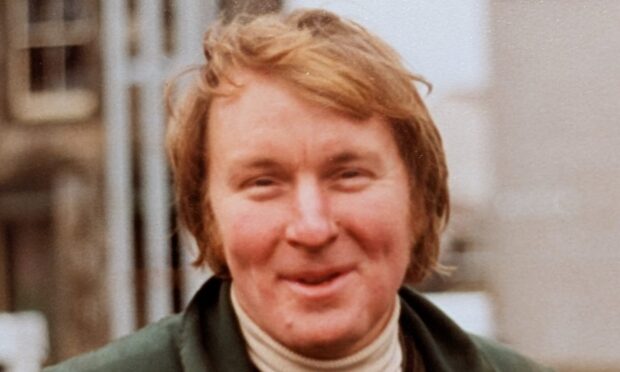
Conversation